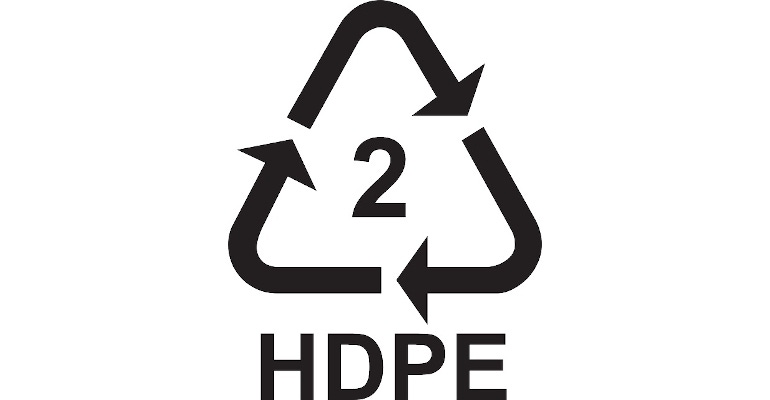A novel method turns high-density polyethylene into a fully recyclable material, researchers said.
January 25, 2023

While recycling plastic has come a long way in these environmentally conscious times, there are still many strides to be made to fully recycle all post-consumer plastics. Scientists at the Department of Energy are among those trying to make some of these improvements. Their latest effort is a new method to recycle high-density polyethylene (HDPE) that turns it into a fully recyclable and even potentially biodegradable material, researchers said.
A team at the DoE's Institute for Cooperative Upcycling of Plastics (iCOUP) developed the approach, which uses a series of catalysts to cleave the polymer chains of HDPE into shorter pieces that contain reactive groups at the ends, researchers said. This allows the smaller pieces to be put back together to form new products out of a type of plastic that is easier to decompose, both in the lab and in a natural setting, they said.
Research Relevance
Right now one of the biggest sources of pollution is single-use plastic. HDPE is ubiquitous in these types of applications because of its strength, flexibility, longevity, and because it's cheap, researchers noted.
However, HDPE products are often produced from fossil fuels and, rather than being recycled after use, much of them are incinerated, dumped in landfills, or discarded in the environment. Moreover, even when HDPE is recycled, the quality of the resulting material is not as superior as the original product, researchers said.
The method that DoE researchers developed turns consumer HDPE into what are called telechelic macromonomers, which are "suitable for circular reprocessing," according to an abstract for a paper on the research published in the Journal of the American Chemical Society.
"Unsaturation was introduced into HDPE by catalytic dehydrogenation using an Ir-POCOP catalyst without an alkene acceptor," according to the paper. "Cross-metathesis with 2-hydroxyethyl acrylate followed by hydrogenation transformed the partially unsaturated HDPE into telechelic macromonomers."
Producing a Reusable Material
This direct repolymerization of the macromonomers produced a brittle material because of its low overall weight-average molecular weight, researchers said. Moreover, aminolysis of telechelic macromonomers with a small amount of diethanolamine increased the overall functionality of the material.
"The resulting macromonomers were repolymerized through transesterification to generate a polymer with comparable mechanical properties to the starting post-consumer HDPE waste," researchers wrote.
Moreover, depolymerization of the repolymerized material catalyzed by an organic base regenerated the telechelic macromonomers, which provides a pathway for the material to be recycled in a sustainable way, they said.
The ability to recycle HDPE through the DoE's novel approach could reduce the significant carbon emissions and pollution currently associated with this type of plastic, researchers said. It also creates a more circular economy by using HDPE waste plastic as a feedstock for a new material that can be recycled repeatedly without loss of quality, they said.
About the Author(s)
You May Also Like


